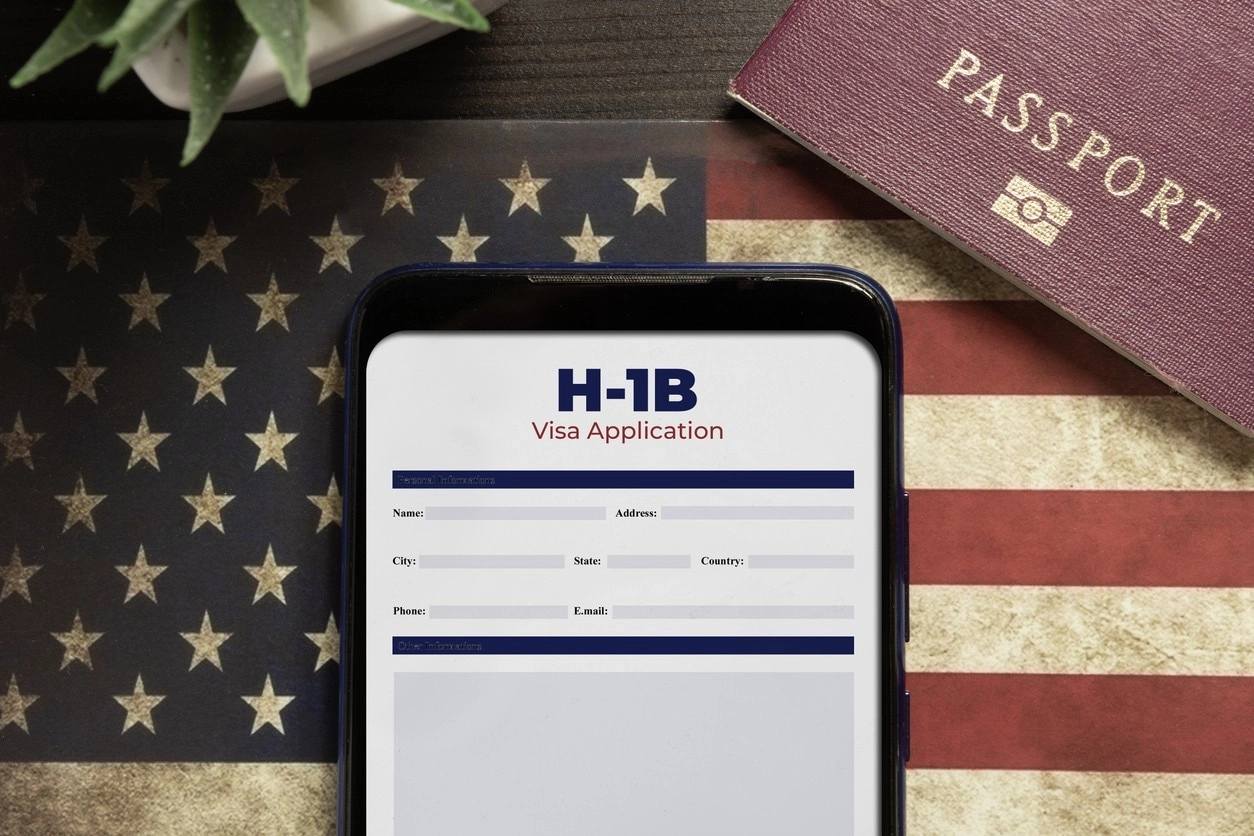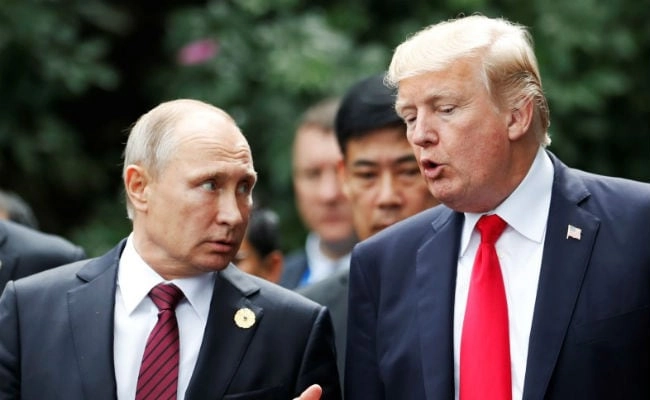A recent statement by a U.S. man labeling the H-1B visa program as a “complete fraud” has ignited a vigorous debate surrounding immigration policies and their implications for the American workforce. The H-1B visa allows U.S. companies to temporarily employ foreign workers in specialty occupations, particularly in fields such as technology, engineering, and healthcare. Critics of the program argue that it undermines job opportunities for American citizens by allowing companies to hire cheaper foreign labor instead of investing in the domestic workforce. This sentiment resonates with many who believe that the influx of foreign workers has contributed to wage stagnation and job displacement for American workers.
Supporters of the H-1B visa, however, contend that the program is essential for filling skill gaps in the American labor market. They point out that many U.S. companies face challenges in finding qualified candidates for specialized positions, particularly in high-demand industries. The tech sector, for instance, has consistently reported a shortage of skilled workers, which is where the H-1B visa plays a crucial role. Proponents argue that rather than being a fraud, the program allows for the necessary infusion of talent that drives innovation and economic growth in the United States. They also highlight that many H-1B visa holders contribute significantly to the economy and often seek to establish long-term roots in the country.
The debate surrounding the H-1B visa program is further complicated by broader discussions about immigration reform and labor rights. Advocates for reform argue that the current system is flawed and susceptible to abuse, with some companies allegedly misusing the program to circumvent labor laws and exploit foreign workers. This has led to calls for more stringent regulations and oversight to ensure that the program serves its intended purpose of supporting U.S. businesses while protecting American workers’ interests. As the conversation continues to unfold, it raises critical questions about the future of the H-1B visa program and its role in shaping America’s economic landscape.
Ultimately, the clash of perspectives on the H-1B visa highlights the complexities of immigration policy in the United States. As the nation grapples with workforce challenges in an increasingly globalized economy, finding a balance between attracting international talent and safeguarding domestic jobs remains a contentious issue. The ongoing debate serves as a reminder of the intricate relationship between immigration and the labor market, underscoring the need for thoughtful solutions that address the concerns of all stakeholders involved.




